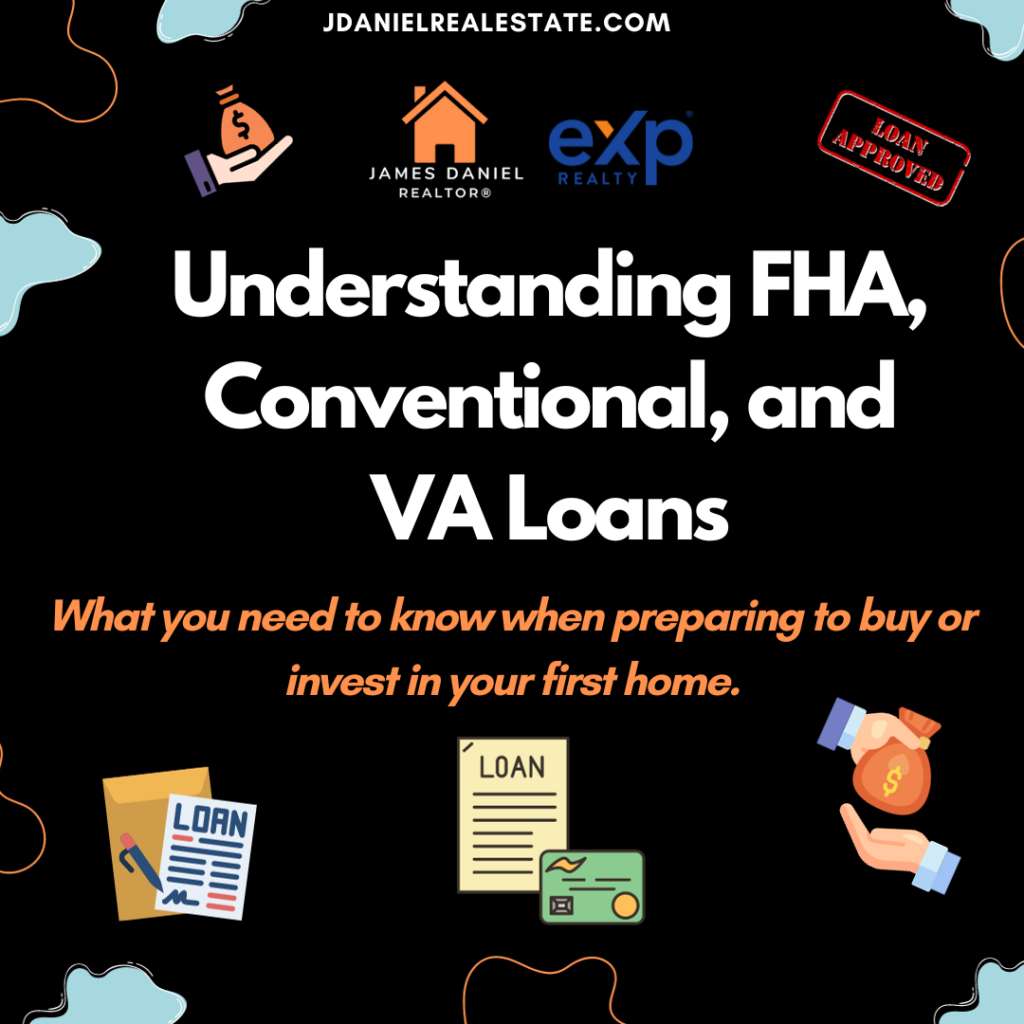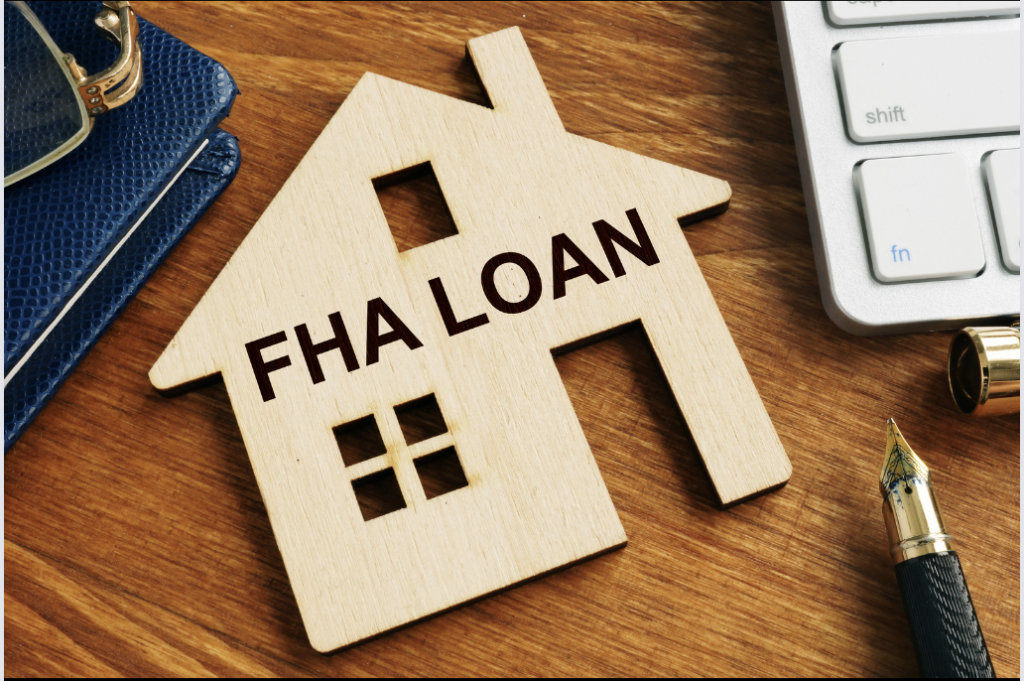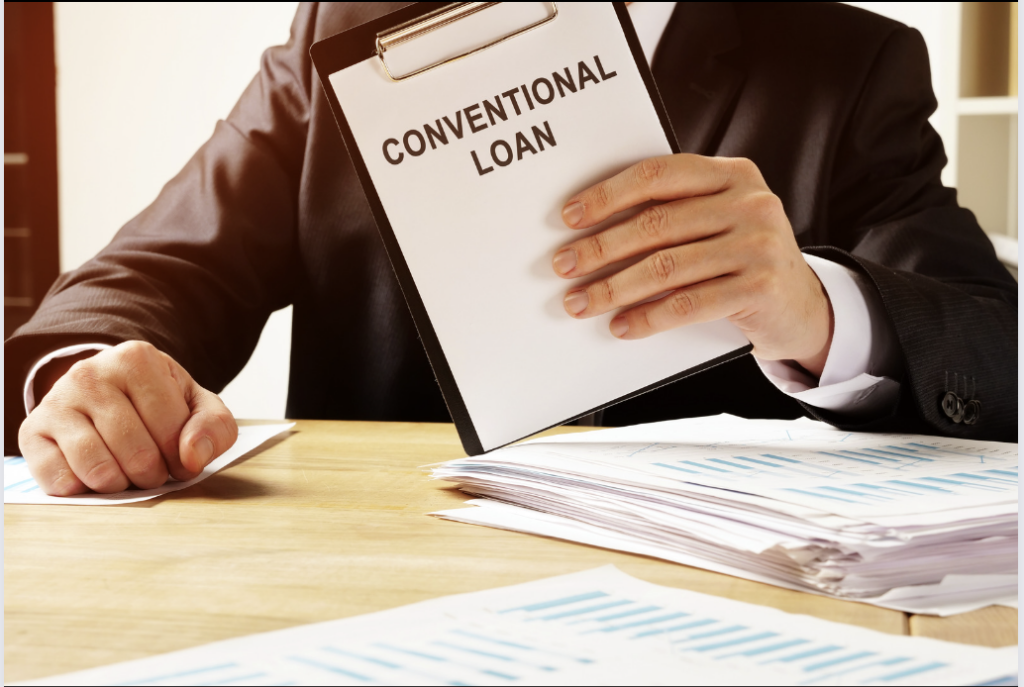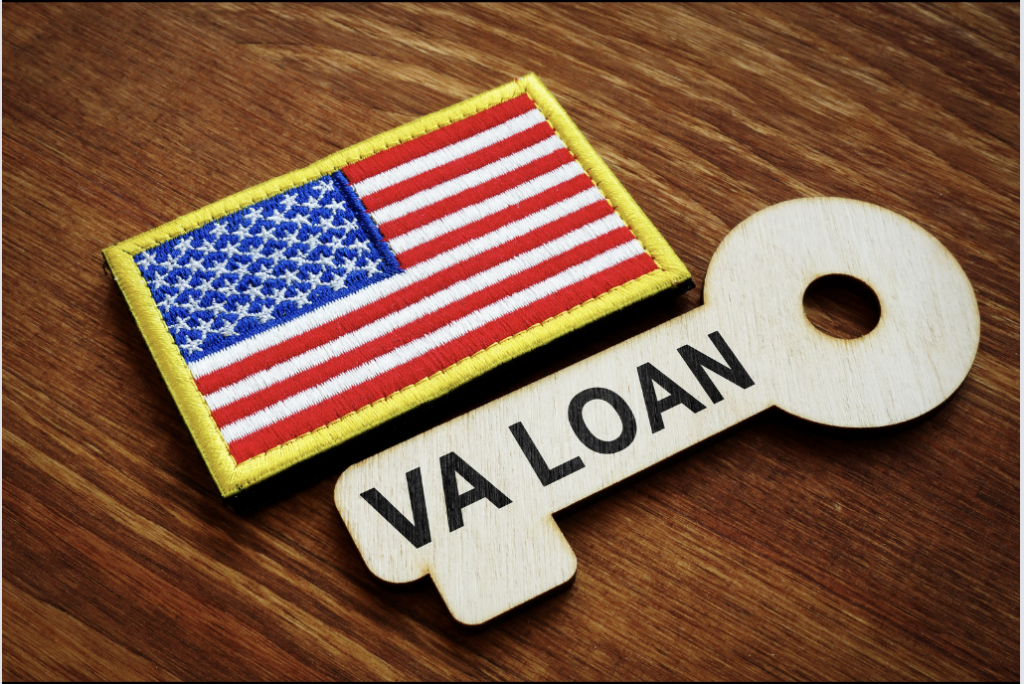What you need to know when preparing to buy or invest in your first home.

When it comes to financing your dream home, navigating through the different types of mortgage options can be overwhelming. Among some of the most popular choices are FHA (Federal Housing Administration), Conventional, and VA (Veterans Affairs) loans. Each type has its own set of features, eligibility criteria, and advantages. In this article, we’ll dive into the details of these three prominent home loan options.
FHA Loans:

Overview: FHA loans are backed by the Federal Housing Administration, making them an attractive choice for first-time homebuyers and those with lower credit scores. These are loans that are backed by the government that offer a range of benefits, including a minimal down payment requirement – as low as 3.5%, making homeownership more accessible. What sets FHA loans apart is their flexibility in credit requirements, allowing borrowers with less-than-perfect credit histories to qualify. Additionally, these loans often come with competitive interest rates, further enhancing affordability. FHA loans play a crucial role in fostering homeownership by providing a viable financing option for a diverse range of individuals and families.
Key Features:
- Low down payment: FHA loans typically require a down payment as low as 3.5%, making homeownership more accessible.
- Flexible credit requirements: Borrowers with credit challenges may still qualify for an FHA loan.
- Competitive interest rates: FHA loans often come with competitive interest rates, increasing affordability.
- 2024 Loan Limits of $1,149,825 in LA County. The conforming loan limit is the dollar cap on the size of a mortgage that the Federal National Mortgage Association (aka Fannie Mae) and the Federal Home Loan Mortgage Corp. (aka Freddie Mac) will purchase or guarantee. Mortgages that meet the criteria for backing by the two semi-government agencies are known as conforming loans. To learn more about conforming loan limits click here.
- Will have PMI if you don’t out 20% down of the home’s purchase price. PMI stands for Private Mortgage Insurance. It is a type of insurance that lenders typically require borrowers to purchase if they are unable to make a down payment of at least 20% of the home’s purchase price. PMI protects the lender in case the borrower defaults on the loan, and the home goes into foreclosure. Typically, PMI costs range from 0.3% to 1.5% of the original loan amount per year. To estimate the monthly cost of PMI, you can use the following formula: PMI per month =(PMI annual rate/ 12)×Loan Amount
- Condos may need to be FHA approved
Qualification Criteria: To qualify for an FHA loan, applicants need to meet the following criteria:
- Minimum credit score of 580 (3.5% down payment) or 500-579 (10% down payment)
- Stable employment and income
- Debt-to-income ratio within acceptable limits: typically falls within the range of 43% to 50%. The DTI ratio represents the percentage of a borrower’s gross monthly income that goes toward paying debts, including the mortgage payment.
Conventional Loans:

Overview: Conventional loans are not insured or guaranteed by the government. They are ideal for borrowers with a strong credit history and a substantial down payment.
Key Features:
- Flexible terms: Conventional loans offer various term lengths, allowing borrowers to choose what suits them best.
- Private Mortgage Insurance (PMI): Borrowers who can’t afford a 20% down payment may need to pay PMI, but it can be removed once enough equity is built. For more about this and other ways to get rid of PMI email me at James.daniel@exprealty.com
- Competitive interest rates: With a good credit score, borrowers can secure competitive interest rates.
- Down payment of at least 3%. In order to put as low as 3% down you can not make more than 80% of area median income which in LA is $84,160. AMI lookup (varies based on loan type). If you are above the AMI you can put as low as 5% down or use a FHA loan.
Qualification Criteria: To qualify for a conventional loan, applicants typically need to meet these criteria:
- Good to excellent credit score (usually 620 or higher)
- Stable employment and income
VA Loans:

Overview: VA loans are designed to assist eligible veterans, service members, and their surviving spouses in achieving homeownership.
Key Features:
- No down payment: VA loans offer 100% financing, eliminating the need for a down payment.
- No PMI: Since the loans are guaranteed by the VA, there is no requirement for private mortgage insurance.
- Lenient credit requirements: VA loans often have more relaxed credit score requirements.
Qualification Criteria: To qualify for a VA loan, applicants need to meet the following criteria:
- Active-duty service member
- 90 days during wartime
- 180 days during peacetime
- Veteran
- served more than 2 years
- not dishonorably discharged
- Reserves/National Guard
- 6 years of Participation
- Unless activated to Active Duty
- Eligible surviving spouse
- Death of Veteran must be service related causes
- Certificate of Eligibility (COE) from the VA
- Minimum credit score requirements set by the lender
- A funding fee for a VA (Veterans Affairs) loan is a one-time fee that the borrower may be required to pay to help offset the costs of the VA loan program. This fee is a percentage of the loan amount and varies depending on factors such as the type of military service, down payment amount, and whether it’s the borrower’s first time using the VA loan benefit. The percentage of the funding fee can range from 1.4% to 3.6% of the loan amount, and it can be financed into the loan rather than paid upfront, making it a part of the overall loan amount.
- Condos may need to be VA approved
Conclusion:
Choosing the right home loan depends on various factors, including your financial situation, credit score, and military status. FHA, conventional, and VA loans cater to different needs, providing options for a diverse range of homebuyers. As you explore these options, consult with a mortgage professional to determine the best fit for your homeownership journey. If you don’t have a lender and want to learn more about these which loans fits for you feel free to reach out. I would love to connect you with some of the great lenders I work with!
Until next time!
Hi, there!
Whether you don't know where to start or have tried to sell or rent your home in the past and it just didn't work out. I'm here to help!
Let's Chat!
Contact
james.daniel@exprealty.com
Buy
My Listings
Sell
All Blogs
schedule your free consultation